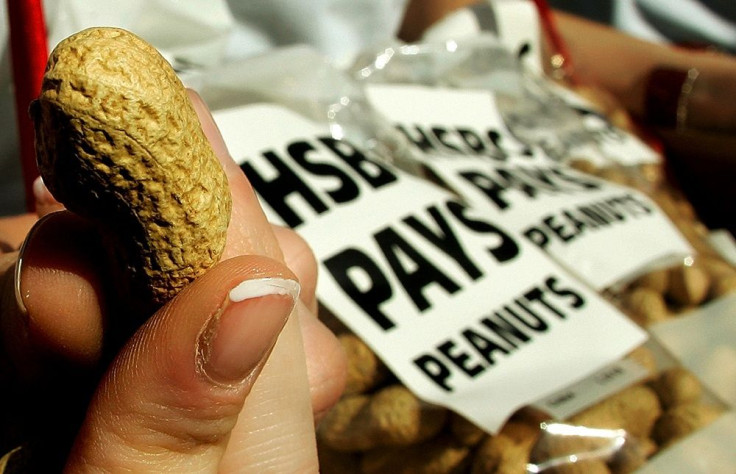Eating Peanuts Helps With Longer Life, Study Says

Several studies have given focus on the different health benefits offered by nuts, but a new study reveals that nuts can lower the risk of death from serious illnesses such as cancer and diabetes. According to the report from The Economic Times, people who consume at least 10 grams of peanuts daily have lowered death risk.
The new study, published in the Journal of Epidemiology, was part of the Netherlands Cohort Study, where data collected was from 1986. In the study, researchers followed 120,000 Dutch people and looked into their dietary habits and health outcomes for a decade. Peanuts, tree nuts and peanut butter were included in the participants’ diet, according to the news report.
Researchers from Netherlands’ Maastricht University found that those people who regularly consume nuts were found to have 23 percent reduced risk of mortality, compared to those who don’t eat nuts. While previous studies highlight more on the cardiovascular benefits from eating nuts, the new study found reduced risk from progressive diseases, including diabetes, stroke and neurodegenerative illnesses, researchers said.
The strongest reduction in death risk was seen in respiratory diseases, neurodegenerative illness and diabetes and then cancer and heart diseases. "It was remarkable that substantially lower mortality was already observed at consumption levels of 15 grammes of nuts or peanuts on average per day (half a handful)," said lead researcher Piet van den Brandt, in the Economic Times report.
Forbes.com reports that peanut butter did not have the same benefits as real nuts, probably because the preparation contains salts, oils and sugars. However, peanuts carried the benefits.
Peanuts are packed with nutrients, and according to the Peanut Institute, small peanut kernels can contain different vitamins, minerals, vitamin E, and “bioactive components”, such as phytosterols. According to this report, a study from Penn State found that those who consume peanuts tend to get more nutrients that are considered hard to get.
To report problems or leave feedback on this article, email: wendylemeric@gmail.com.






